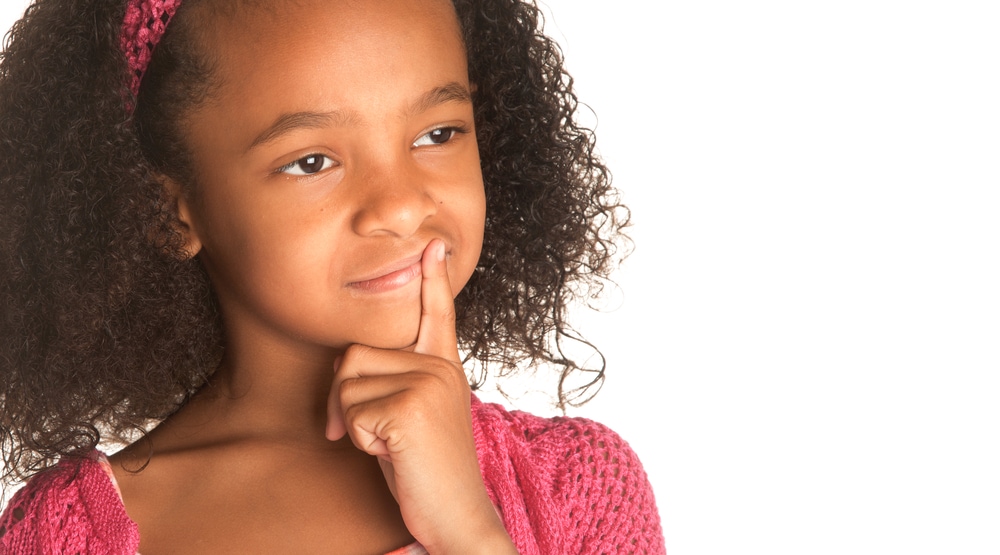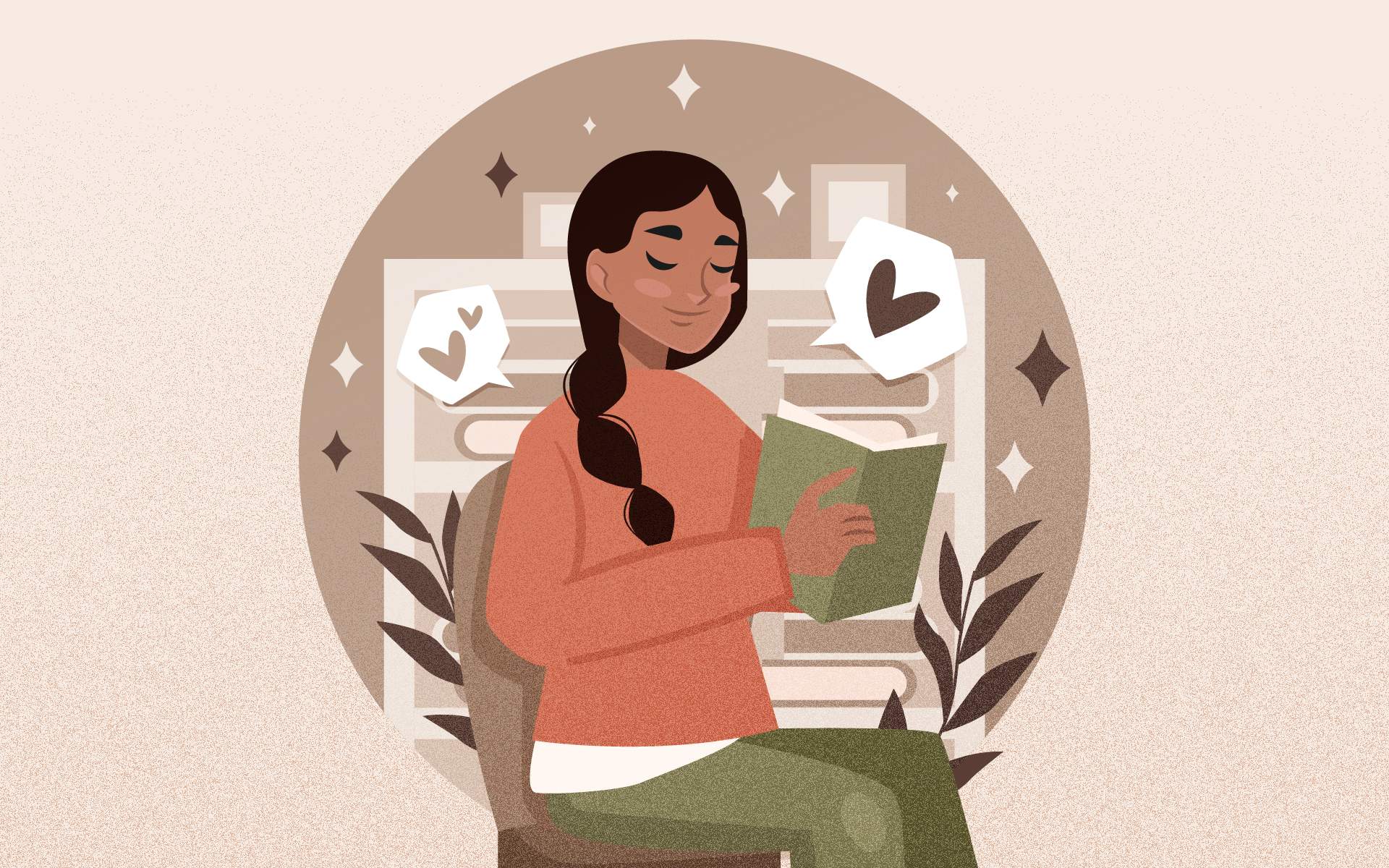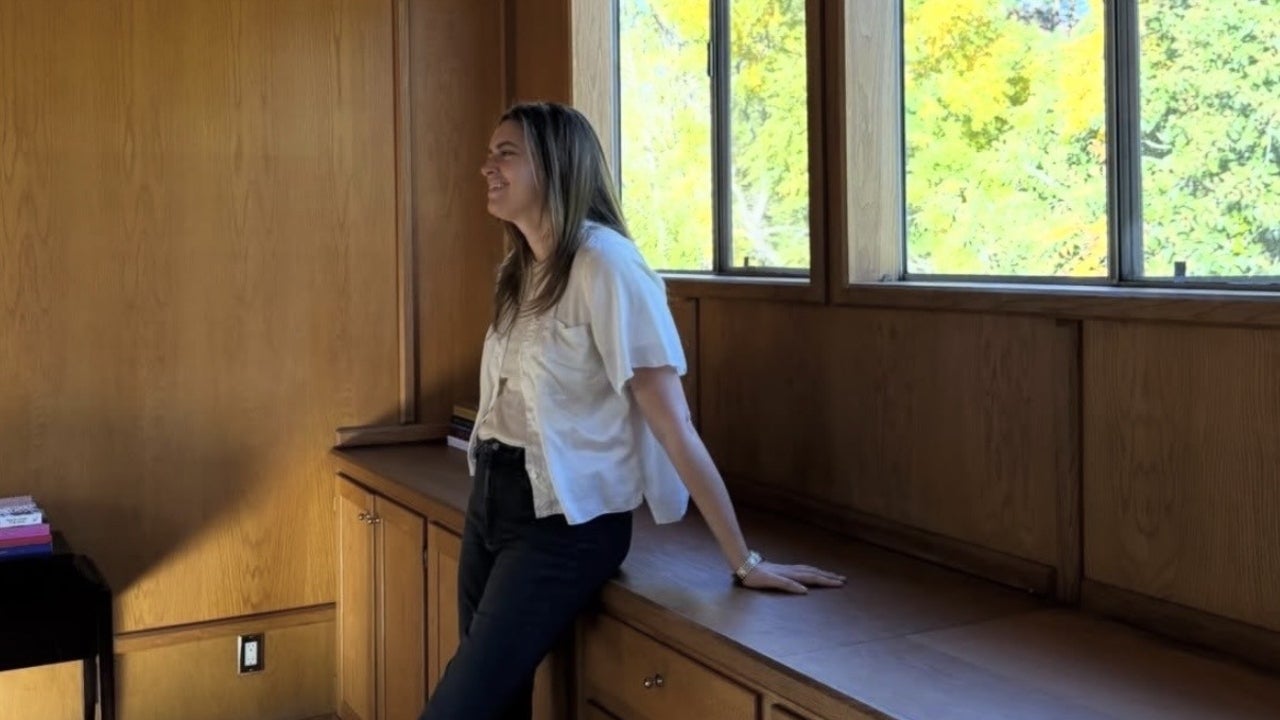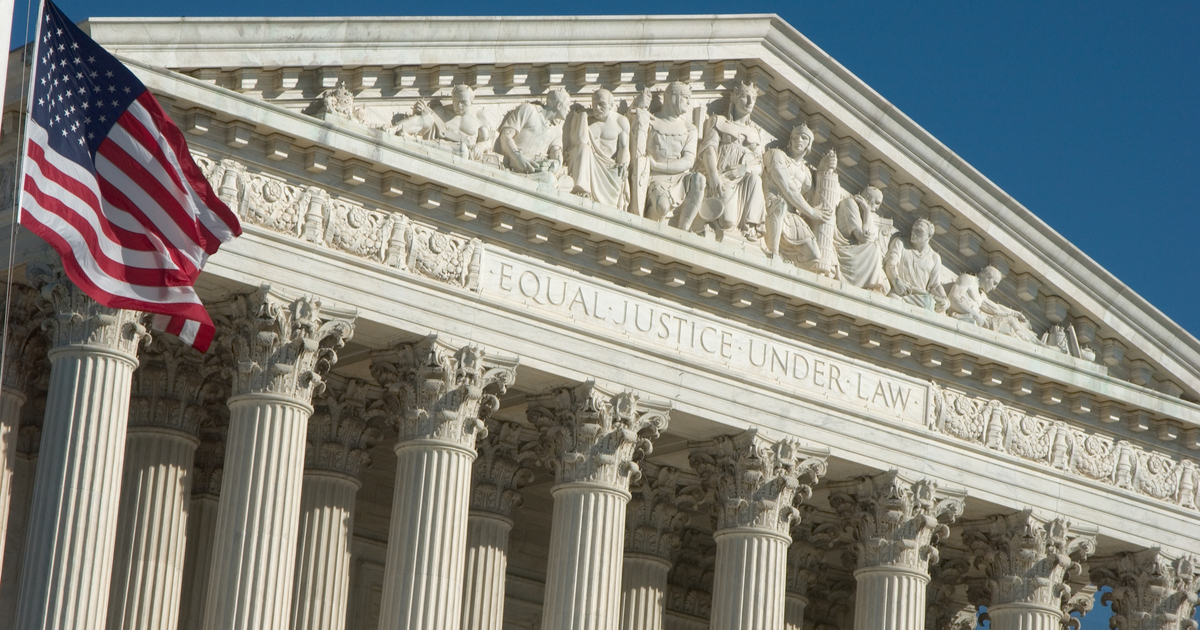The Nutrient You’re Missing That Could Be Causing Hair Loss
Yikes!
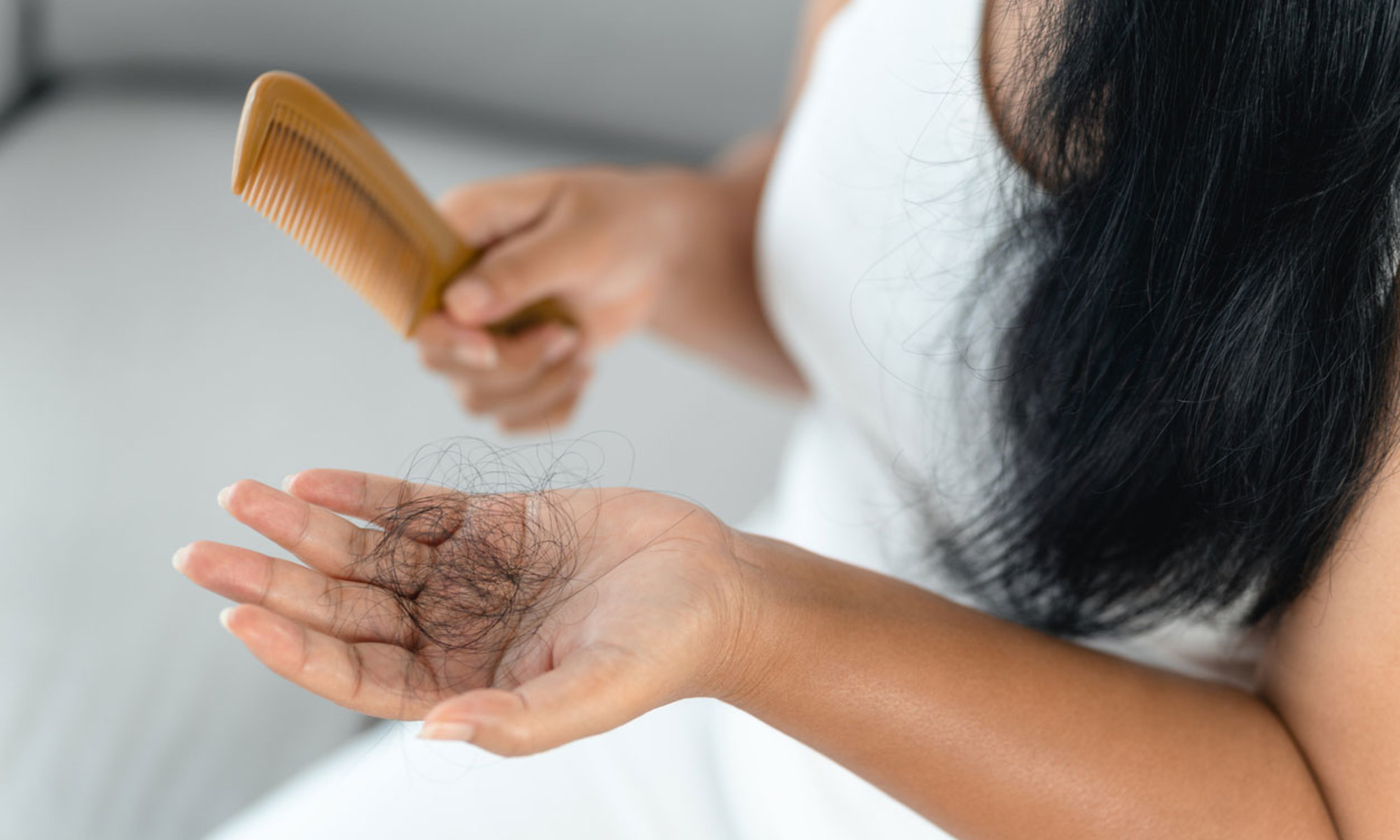
Advertisement
This ad is displayed using third party content and we do not control its accessibility features.
Advertisement
This ad is displayed using third party content and we do not control its accessibility features.

Beauty & Health Editor
Beauty & Health Editor
Hannah Frye is the Beauty & Health Editor at mindbodygreen. She has a B.S. in journalism and a minor in women’s, gender, and queer studies from California Polytechnic State University, San Luis Obispo. Hannah has written across lifestyle sections including beauty, women’s health, mental health, sustainability, social media trends, and more. She previously worked for Almost 30, a top-rated health and wellness podcast. In her current role, Hannah reports on the latest beauty trends and innovations, women’s health research, brain health news, and plenty more.
Image by :Suriyawut Suriya / iStock May 12, 2025 We carefully vet all products and services featured on mindbodygreen using our Our selections are never influenced by the commissions earned from our links. While hair often sheds with the natural aging process, there are many more factors at play here—some you can control, others not so much. Here's one (sneaky) factor you can certainly work on with a bit of intention.
Lack of protein can cause hair loss
See, when you don't get enough protein, your body may enter a sort of panic mode—holding on to what nutrients it can get to keep your most vital organs working while conserving other resources.
"Your hair will be among the first to suffer because it's not an essential function, so your resources are going elsewhere," she explains. Not to mention, hair itself is made out of keratin—which is a protein in and of itself. "It's that simple," Nathan says.
Now, protein needs will be different for each person. Here's what we know about protein consumption right now:
Other nutrients essential for healthy hair
Protein isn't the only nutrient to keep an eye on. Research also points out that low levels of the following may contribute to increased hair shedding1:
What to do about it
So consider a balanced diet one pillar to healthy, growing locks from here on out. "It sounds simple, but it is truly important—not just for your hair but for your overall health," Nathan says.
She recommends adding a variety of foods to your plate, including nutrient-dense staples like wild-caught fatty fish, nuts, leafy greens, eggs, and other whole and natural items.
You may also consider adding collagen supplements or protein powders to your routine for even more amino acid support.
"I do want to be clear that more is not always more; we also know that too much of some of these nutrients have been shown to cause hair loss or other serious problems," she adds, so try not to hyper-focus on just one nutrient or food group.
If you've been eating a balanced, nutrient-rich diet and still haven't seen any positive results in terms of hair growth (or overall health, for that matter), visit your health care provider, as they may be able to give you some insights via blood tests and other evaluations.
The takeaway
Underconsuming protein can lead to hair loss, as well as deficiencies in other nutrients, such as iron, zinc, selenium, biotin, and vitamin D. It turns out, eating a balanced diet may be one of the best things you can do for your hair (and full body longevity).
For more hair growth tips, tune in to Nathan's conversation on Clean Beauty School below:
Advertisement
This ad is displayed using third party content and we do not control its accessibility features.

 KickT
KickT 











